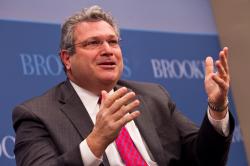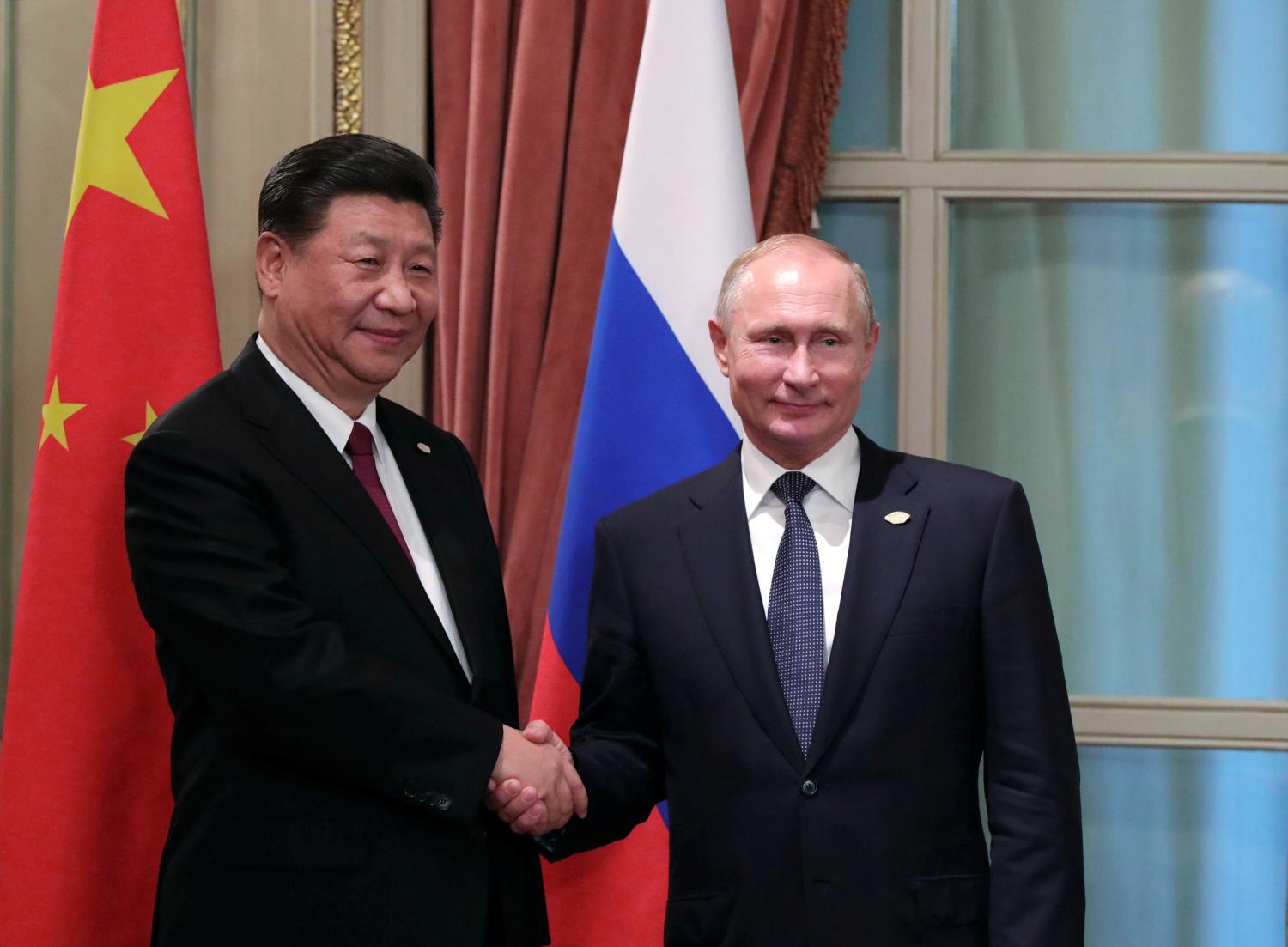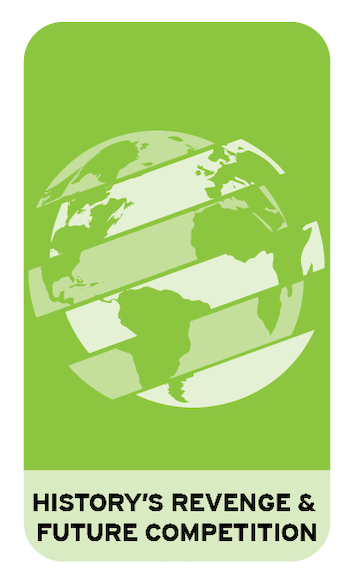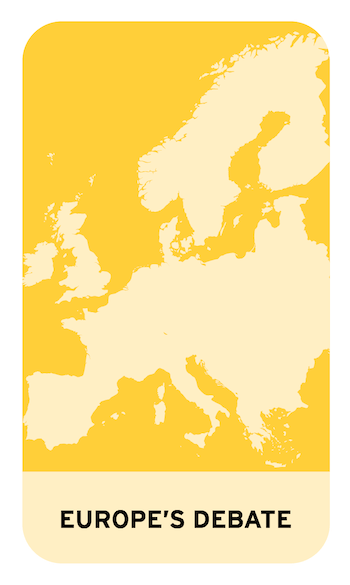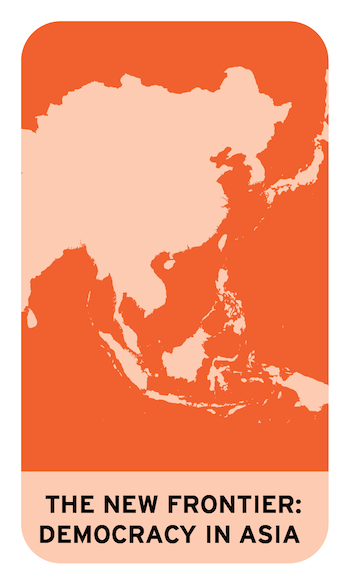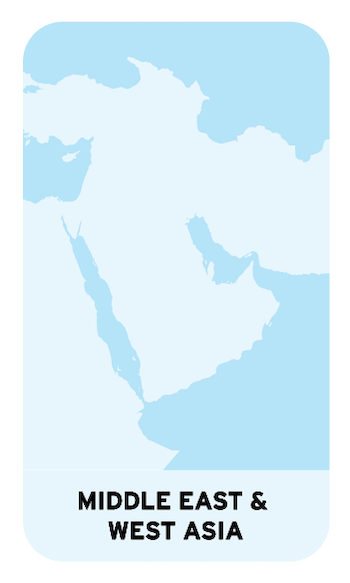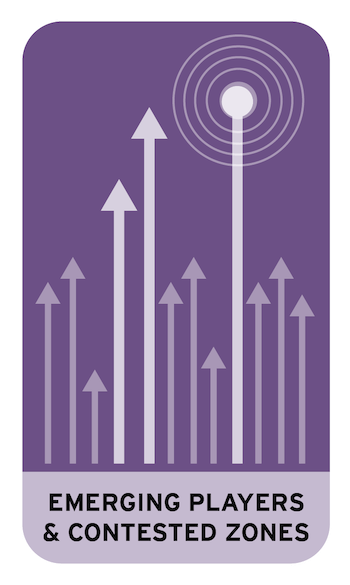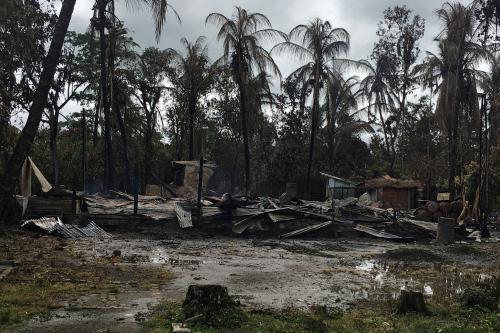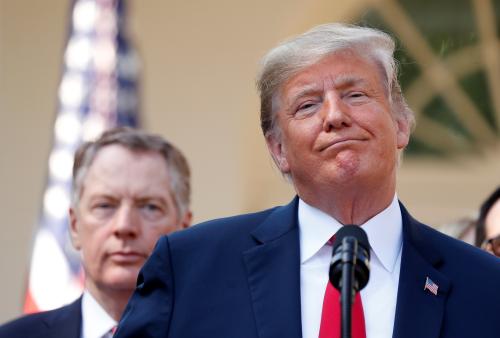Authoritarianism has returned as an ideological and strategic force, writes Robert Kagan. And it returns at just the moment when the liberal world is suffering a major crisis of confidence. This piece was originally published by The Washington Post.
Executive Summary
 Today, authoritarianism has emerged as the greatest challenge facing the liberal democratic world—a profound ideological, as well as strategic, challenge. Or, more accurately, it has reemerged, for authoritarianism has always posed the most potent and enduring challenge to liberalism, since the birth of the liberal idea itself. Authoritarianism has now returned as a geopolitical force, with strong nations such as China and Russia championing anti-liberalism as an alternative to a teetering liberal hegemony. It has returned as an ideological force, offering the age-old critique of liberalism, and just at the moment when the liberal world is suffering its greatest crisis of confidence since the 1930s.
Today, authoritarianism has emerged as the greatest challenge facing the liberal democratic world—a profound ideological, as well as strategic, challenge. Or, more accurately, it has reemerged, for authoritarianism has always posed the most potent and enduring challenge to liberalism, since the birth of the liberal idea itself. Authoritarianism has now returned as a geopolitical force, with strong nations such as China and Russia championing anti-liberalism as an alternative to a teetering liberal hegemony. It has returned as an ideological force, offering the age-old critique of liberalism, and just at the moment when the liberal world is suffering its greatest crisis of confidence since the 1930s.
It has returned armed with new and hitherto unimaginable tools of social control and disruption that are shoring up authoritarian rule at home, spreading it abroad and reaching into the very heart of liberal societies to undermine them from within.
The Brookings Institution is committed to quality, independence, and impact.
We are supported by a diverse array of funders. In line with our values and policies, each Brookings publication represents the sole views of its author(s).
